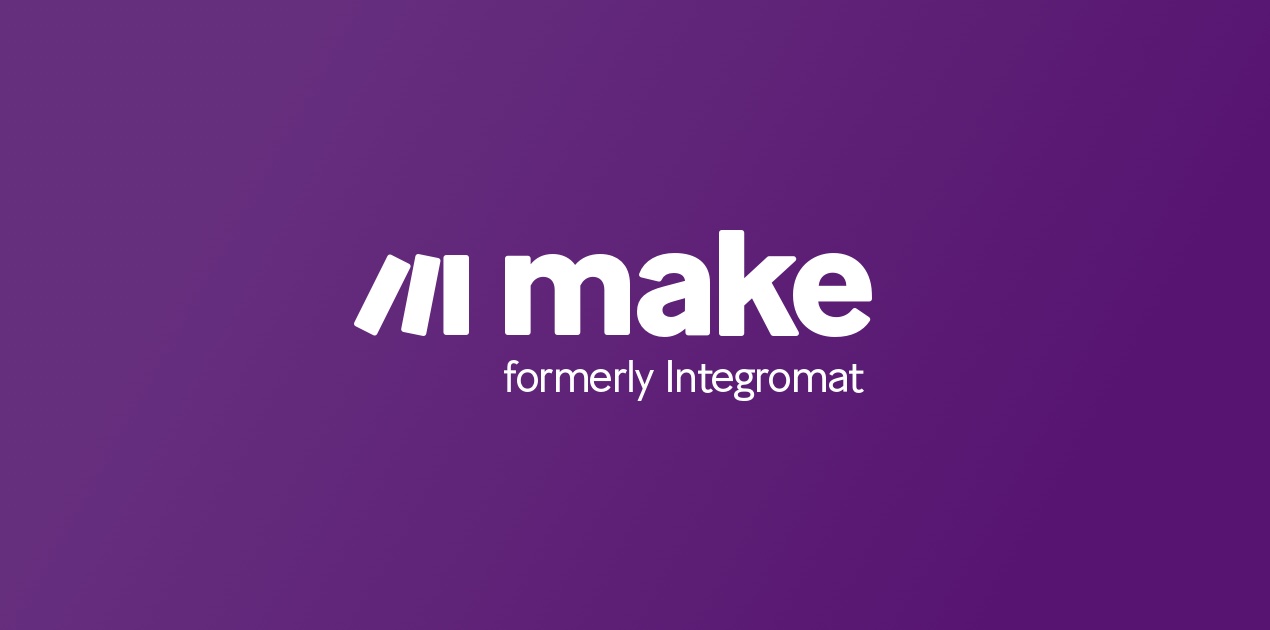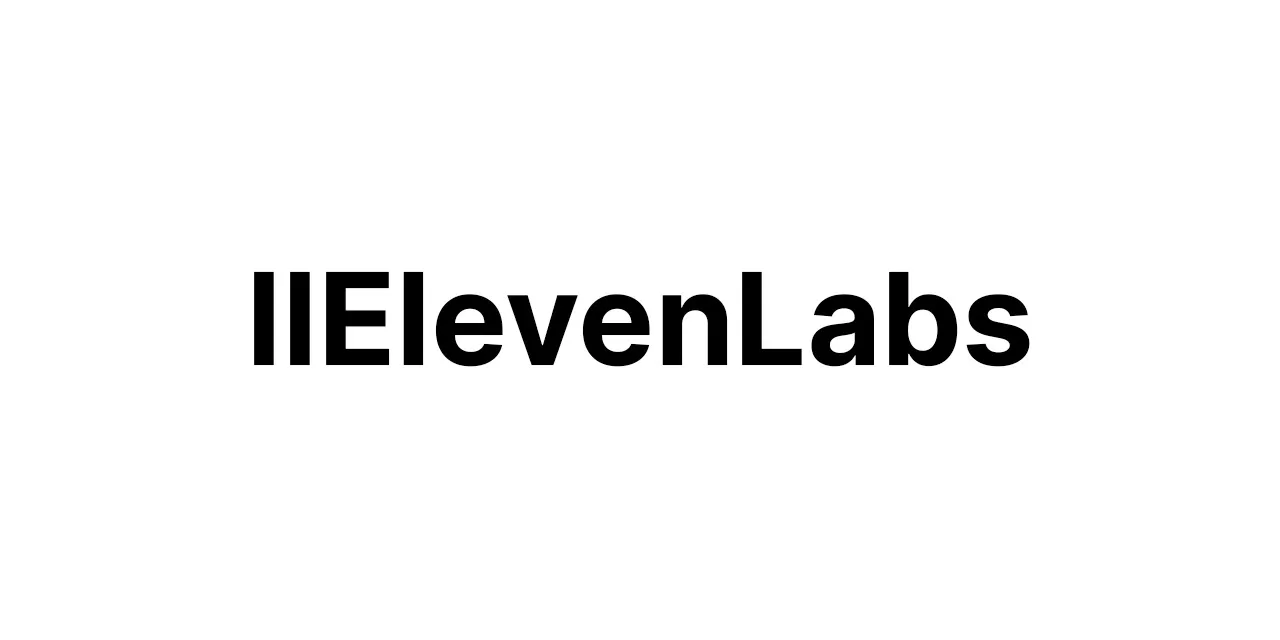Integration, specifically its complexities and benefits, is a key concern for many software developers, particularly those in the SaaS industry. In today’s dynamic and fast-paced world, businesses are increasingly looking for ways to streamline operations and optimize efficiency. One powerful solution to this can be an integration engine, specifically n8n, that operates behind the scenes to automate workflow and enhance your business’s capabilities.
Developing a software integration strategy is no small feat. While building integrations in-house might seem like the conventional approach, using an integration engine like n8n can drastically simplify the process. However, this approach does come with its set of questions and potential challenges. How might it be possible to create and activate workflows via API? What could the potential downsides be? Furthermore, would each service translate to a code contribution back to the n8n platform?
An integration engine like n8n could certainly facilitate multiple services via its API. The first step in doing such is to define the workflows. These can be created and activated via the n8n API. The workflows, once defined, can facilitate a variety of tasks by communicating with one or more APIs. These tasks might include sending an email for a certain event (such as receiving a new order), and therefore integrating n8n with email services is key.
An important point to clarify right off the bat is user separation. User separation refers to having a system in place to ensure that one user’s workflow does not interfere with another’s. This is a crucial concern, especially for SaaS startups. It may seem like an insurmountable challenge to provide a link or credentials to the specific user while ensuring that the user’s workflow is not visible to others. However, with proper user management and access control to both the n8n instance and the enabled workflows, this can be managed effectively.
It is essential to keep in mind that n8n works best as a backend service. When used in such a manner, the users’ interactions should remain unchanged. Under such circumstances, n8n should be usable with only API calls, and it should be equipped to run these workflows as and when needed. Creating a user interface for users to interact with their enabled workflows should not be necessary.
The question of NAAS (n8n as a service) or an app store backend then arises. This means using n8n as the backend for an App Store. For the majority of apps, this is a feasible approach. For a small number of custom apps, you may have to write a custom solution. This approach requires careful consideration and understanding of user requirements and business rules.
A good rule of thumb when deploying an integration engine like n8n is to ensure the infrastructure can handle double the expected capacity. This can help prevent the system from being a bottleneck while also allowing for handling spikes in traffic or usage. Combine this with effective flow control, which can be facilitated using a message broker such as RabbitMQ or Kafka, and you have a recipe for a robust integration engine. It is also essential to consider how to integrate n8n into your workflow — whether it should be activated by a schedule or triggered by events in real-time.
Remember, preparing for potential issues beforehand is fundamental. When rolling out an integration engine such as n8n, consider crash recovery and service security. Consideration on the code level is also important — where will n8n live, and how will it be maintained? These and many more questions must be addressed to ensure successful implementation.
In a nutshell, an integration engine like n8n can facilitate service integration in a multitude of ways. Its potential is vast, and with careful implementation and consideration of some cardinal points like user separation, workflow definition, capacity planning, and proper handling mechanisms, it can be a powerful tool in the hands of a SaaS startup or any business for that matter. However, potential challenges and complications need to be considered.
So, as the digital landscape continues to evolve, integrating disparate services and optimizing workflows will become increasingly important. Harness the power of an integration engine like n8n to enhance your business’s capabilities and set a solid foundation for scalability and growth.

